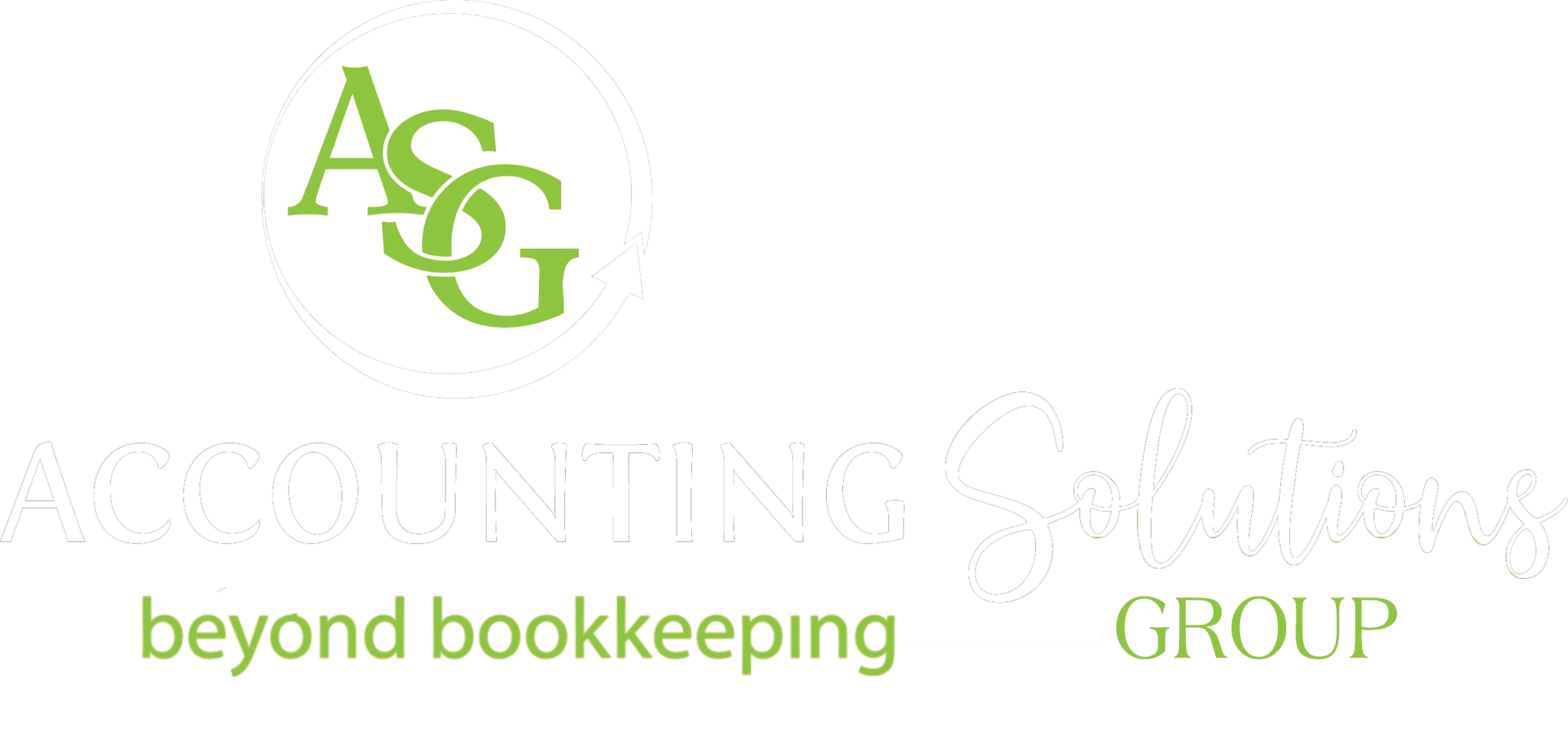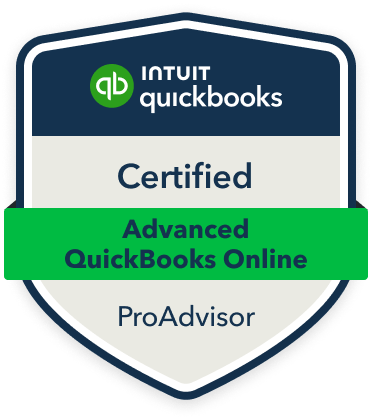Affordable Quarterly Bookkeeping in Palm Beach County
Starting a business is exciting but can quickly become overwhelming when it comes to managing your financial books. If you’re setting up a business in South Florida, getting your books in order from day one is essential for your success. Here’s a comprehensive guide to help you streamline the process.
Why Proper Bookkeeping Matters
Bookkeeping is the backbone of your business’s financial health. It helps you:
- Track income and expenses.
- Stay compliant with tax laws.
- Make informed business decisions.
- Build credibility with investors and lenders.
Step 1: Choose the Right Accounting System
You’ll need to decide between two primary accounting methods:
- Cash Basis Accounting: Recognizes income and expenses when cash changes hands.
- Accrual Basis Accounting: Recognizes income and expenses when they are earned or incurred, regardless of cash flow.
Most small businesses start with cash basis accounting, but consult a professional to determine what’s best for your business.
Step 2: Select Bookkeeping Software
Modern bookkeeping software can save you time and reduce errors. Popular options include:
- QuickBooks Online: User-friendly and versatile for small to medium-sized businesses.
- Xero: Great for businesses looking for simple, cloud-based solutions.
- Wave: Free option suitable for startups.
Choose software that fits your budget and has features like bank integration, invoicing, and reporting.
Step 3: Set Up a Business Bank Account
Keeping your personal and business finances separate is crucial. Open a business bank account and consider getting a business credit card. This simplifies tracking and enhances your professionalism.
Step 4: Organize Your Chart of Accounts
Your chart of accounts is the framework for categorizing all your financial transactions. Common categories include:
- Assets (e.g., cash, equipment)
- Liabilities (e.g., loans, accounts payable)
- Equity
- Income
- Expenses
Most bookkeeping software comes with a default chart of accounts you can customize.
Step 5: Keep Track of Business Expenses
Organize and record all receipts, invoices, and other financial documents. Categorize expenses such as rent, utilities, supplies, and marketing. Many software options let you upload receipts directly for seamless record-keeping.
Step 6: Hire a Professional
If bookkeeping feels daunting, consider hiring a professional bookkeeper or accountant. South Florida has numerous qualified professionals who specialize in helping small businesses stay on track.
Local Resources in South Florida
- Small Business Development Center (SBDC): Offers free consulting and training.
- South Florida Chamber of Commerce: Provides networking and resources.
- Local Bookkeeping Services: Many local firms specialize in small business accounting.
Final Thoughts
Setting up your business books correctly is a critical step toward long-term success. With the right tools and resources, you’ll not only meet legal obligations but also gain valuable insights into your business’s performance. Whether you tackle this yourself or hire a pro, getting your books in order is an investment in your business’s future.
Need help with your bookkeeping in South Florida? Reach out to local experts or take advantage of the region’s business resources today.





